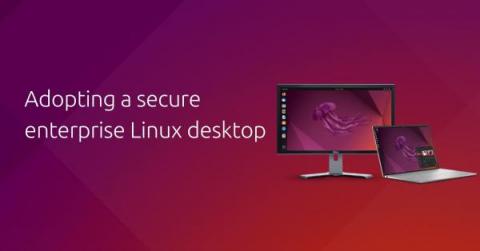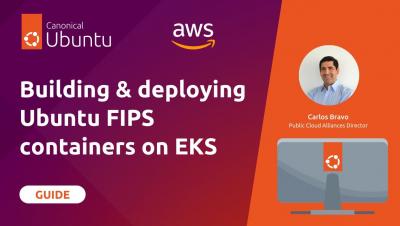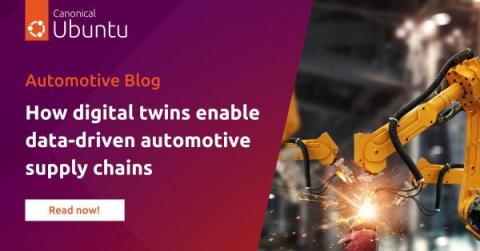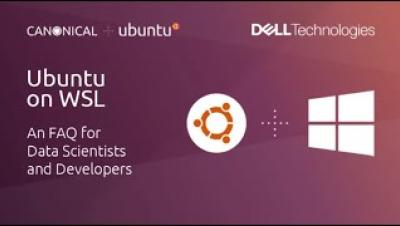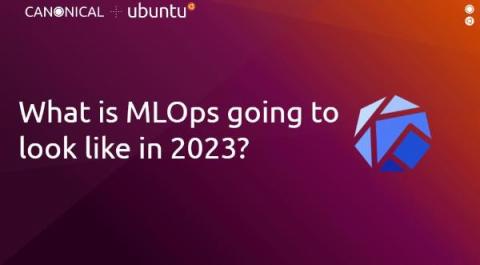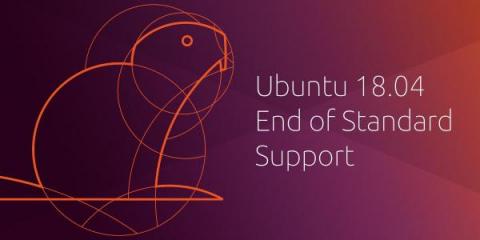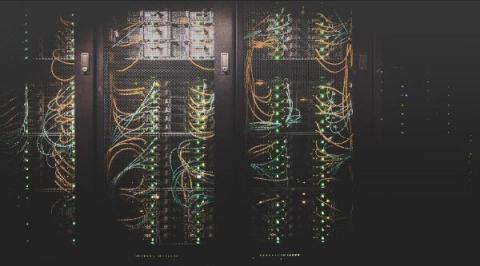Multipass 1.11 brings enhanced performance for Linux on Mac and Windows
This release has some particularly interesting features that we’ve been wanting to ship for a while now. We’re excited to share them with you! For those who aren’t familiar with Multipass, it’s software that streamlines every aspect of managing and working with virtual machines. We’ve found that development, particularly for cloud applications, can often involve a huge amount of tedious work setting up development and testing environments.



